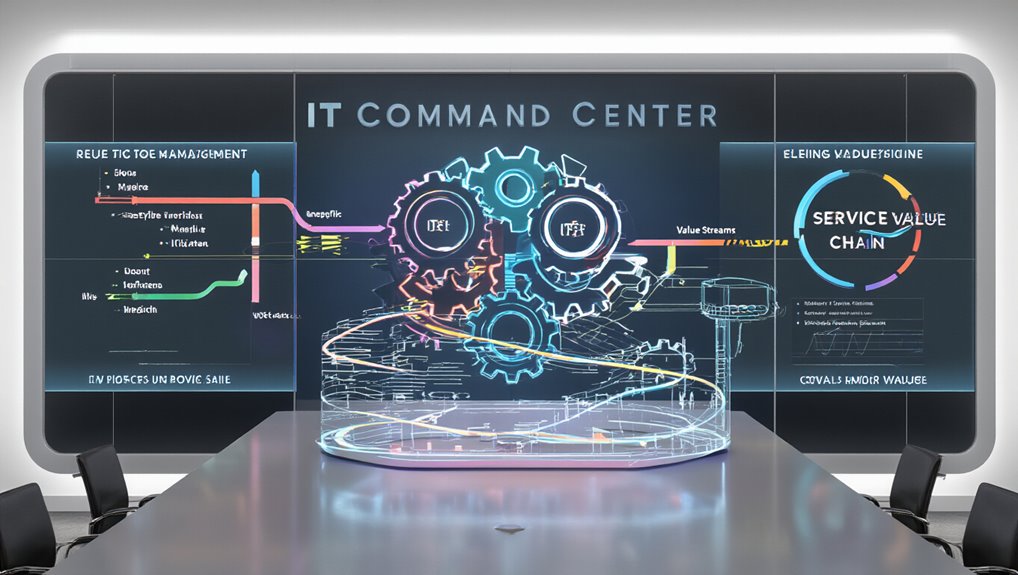The digital transformation wave sweeping across industries has positioned IT Service Management (ITSM) as a cornerstone of modern business operations. As organizations navigate increasingly complex technological environments, ITSM has evolved beyond traditional IT support into a strategic business enabler. The projected growth of the global ITSM market to $22.1 billion by 2028, with a robust CAGR of 15.9%, underscores this fundamental shift in how businesses approach technology services.
Cloud adoption has become integral to this evolution, with cloud-based ITSM solutions expected to reach $5.60 billion by 2030. This change reflects changing priorities, as 60% of businesses now emphasize business continuity and 59% prioritize scalability when implementing cloud ITSM services. The financial commitment to this transformation is evident, with 51% of IT budgets shifting from traditional infrastructure to cloud solutions by 2025.
Organizations are increasingly recognizing the gap between current ITSM capabilities and future requirements. Despite widespread ITSM adoption, incident disruptions continue to cause significant productivity losses. This challenge has prompted 9 out of 10 organizations to plan increased IT budgets for 2025, focusing on enhanced service performance and resilience. The implementation of standardized processes helps organizations maintain regulatory compliance while significantly reducing operational costs.
The limitations of traditional ITSM frameworks have become apparent in today’s complex enterprise environments. Legacy approaches that focus narrowly on incident and asset management struggle with:
- Costly operational disruptions
- Unreliable data for decision-making
- Siloed operational structures
Forward-thinking companies are embracing more adaptive, business-centric ITSM models that provide end-to-end visibility and real-time responsiveness. This change reflects a strategic pivot from rigid IT structures to embedded service management across enterprise functions. Many support professionals are finding their roles increasingly demanding, with 90% of service agents believing IT positions will become more difficult in the coming years.
The growing interest in automation, AI integration, and self-service capabilities signals the next frontier for ITSM. As 58% of companies have already adopted IoT for process automation by 2024, the integration of these technologies within ITSM frameworks promises to deliver smarter, more autonomous service delivery—transforming not just IT operations but the fundamental ways businesses create and deliver value in the digital economy. With employees spending about 41% of their time on low-value tasks, organizations are turning to workflow automation to dramatically enhance collaboration and reduce operational delays.









